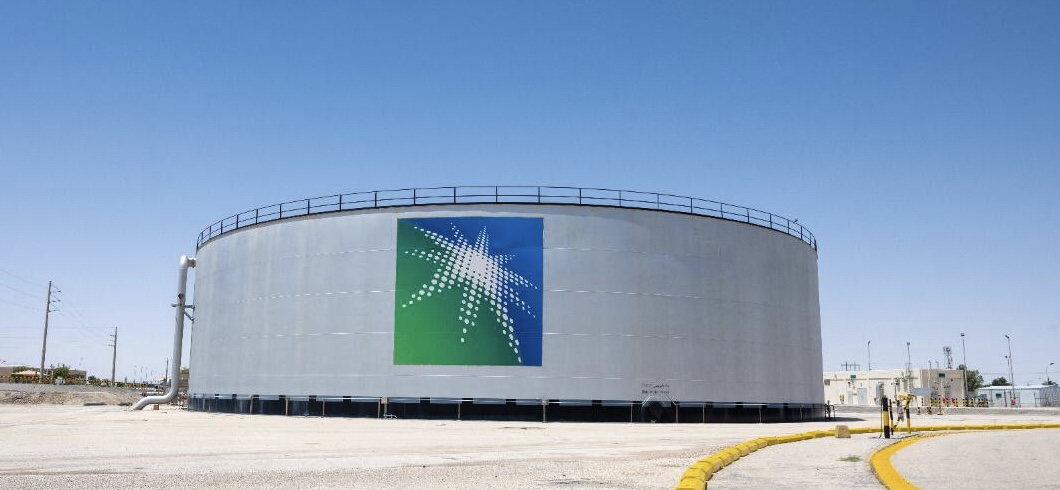Saudi Arabia has successfully allocated over half of an $11.2 billion share sale in its state-owned oil giant, Aramco, to foreign investors. This move is part of a broader strategy by the kingdom to diversify its economy and reduce its dependence on oil revenues by attracting foreign capital into various developmental projects.
Sources familiar with the matter revealed that the share sale attracted substantial interest from across the globe, including notable orders from the United States, the United Kingdom, Hong Kong, and Japan. This global interest in Aramco’s shares underscores the company’s appeal to international investors and marks a stark contrast to the initial public offering (IPO) in 2019, where international demand was reportedly lower.
The shares were priced at 27.25 riyals ($7.27) each, following the company’s decision to set the price range between 26.70 and 29.00 riyals. The offering, internally codenamed “Project Bond,” involved months of meticulous planning and coordination by the banks involved, highlighting the complexity and scale of the financial undertaking.
The result of this transaction is the introduction of over 120 new international investors to Aramco’s shareholder base. One source noted the overwhelming demand for the offering, stating, “The overall demand for the offering was greater than $65 billion across global blue chip institutions and the domestic retail offering.” This robust demand reflects the strong confidence investors have in Aramco’s financial health and its strategic direction.
The proceeds from this share sale are expected to play a pivotal role in funding Saudi Arabia’s Vision 2030, an ambitious plan spearheaded by Crown Prince Mohammed bin Salman to modernize the Saudi economy. The vision includes funding a wide range of projects, from the development of electric vehicles to the construction of futuristic cities in the desert, primarily through the kingdom’s Public Investment Fund (PIF).
The PIF, which is valued at approximately $925 billion, has recently adjusted its strategy to focus more sharply on projects that will drive the economic transformation envisioned in Vision 2030. While the primary allocation of the share sale proceeds is likely directed towards the PIF, analysts suggest that some funds could also be used to address the kingdom’s budget deficit, which has seen increases due to fluctuating oil prices.
This strategic sale highlights Saudi Arabia’s proactive steps towards diversifying its investment base and enhancing its economic resilience. By opening up its flagship company to more global investors, Saudi Arabia not only secures necessary funds for its future projects but also strengthens its ties with key international markets.



